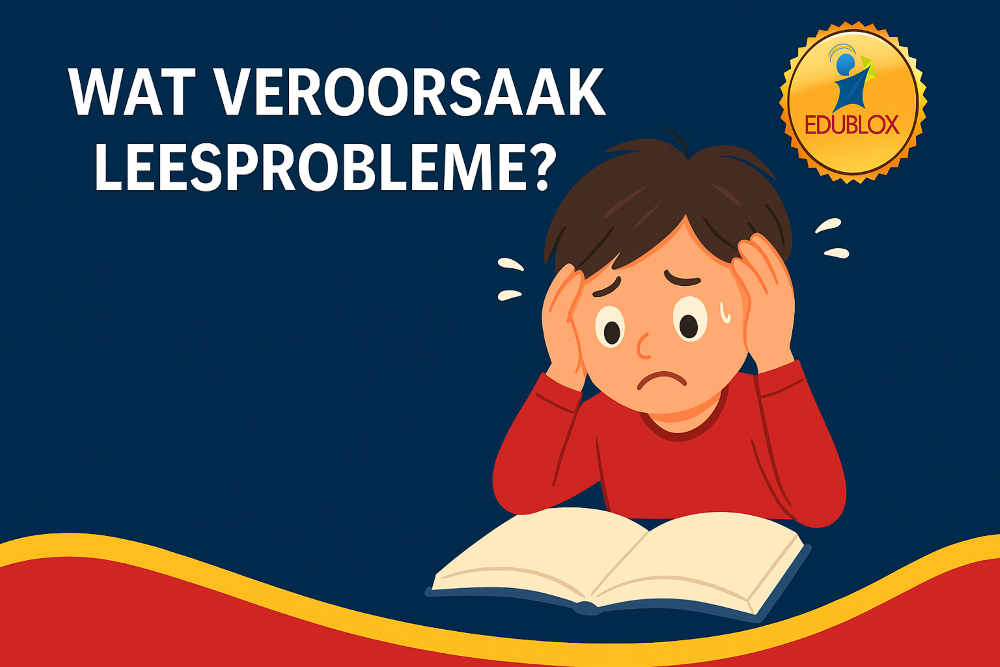Let’s face it — spelling doesn’t always get the love it deserves. In a world of autocorrect and emojis, some people think spelling is old-fashioned. But don’t be fooled: spelling still matters, and not just to English teachers!
Whether texting a friend, applying for a job, or writing the next great novel, spelling shapes how you’re understood (and judged). Below are 50 fun, practical, and meaningful reasons that prove spelling is far from a trivial pursuit.
🧠 Communication clarity
- It avoids confusion – “Bare” vs. “bear” can be quite the mix-up.
- It delivers your message accurately – Spelling ensures your meaning is crystal clear.
- It prevents miscommunication – Especially in professional or urgent situations.
- It separates similar words – “Their,” “there,” and “they’re” aren’t interchangeable.
- It ensures correct pronunciation – Spelling supports how we say things.
- It maintains tone – A misspelled message can come across as careless or rushed.
- It helps with word choice – You’re more confident using new words if you can spell them.
- It supports writing flow – Spelling mistakes interrupt the rhythm of reading.
- It shows attention to detail – Your reader notices when you’ve put in the effort.
🎓 Academic success
- It boosts reading ability – Good spellers are usually stronger readers.
- It helps with writing essays and exams – Neater, clearer work earns better grades.
- It improves vocabulary – Learning to spell new words expands your word bank.
- It supports phonics learning – Spelling reinforces the connection between letters and sounds.
- It encourages independent writing – Children (and adults!) write more when they trust their spelling.
- It builds confidence – Less worry about mistakes means more focus on ideas.
- It reduces editing time – Less time fixing mistakes and more time polishing your work.
- It improves note-taking – Especially when summarizing lessons or reading material.
- It sets a foundation for learning other languages – Spelling patterns carry over.
- It prepares students for exams – Especially in language-heavy subjects.
💼 Professional impression
- It looks professional – A CV with errors? No, thank you.
- It can impact job prospects – Employers notice spelling.
- It builds credibility – Clients and colleagues trust well-written content.
- It reflects your competence – Like a clean shirt, correct spelling makes a good impression.
- It supports accurate reporting – Whether you’re writing emails or reports.
- It avoids costly mistakes – One wrong letter in a contract or sign can be embarrassing (or expensive!).
- It helps you stand out – Great communication skills are always in demand.
- It enhances digital professionalism – Social media, websites, and presentations all benefit from good spelling.
- It keeps your brand polished – This is especially important for entrepreneurs.
- It opens up more career paths – From editing to marketing, many jobs value precise language.
💬 Everyday life
- It makes texting less stressful – No more autocorrect fails!
- It helps with directions and labels – Misspelled labels can cause real confusion (like “flour” vs. “flower”).
- It prevents recipe disasters – “Desert” instead of “dessert” could ruin dinner.
- It helps in travel – Reading maps, signs, and guides is easier with good spelling.
- It’s helpful in games and puzzles – Spelling counts in Scrabble!
- It supports daily reading – From newspapers to instructions, correct spelling aids understanding.
- It’s a life skill – Like brushing your teeth or tying your shoes.
- It reduces reliance on spellcheck – Autocorrect can’t catch everything.
- It keeps your diary/journal readable – Even if it’s just for future you.
- It helps with online searches – Spelling words correctly gives better results.
💡 Cognitive and language benefits
- It improves memory – Spelling engages your brain’s memory systems.
- It reinforces language structure – Spelling shows how English is built.
- It strengthens pattern recognition – Spelling builds awareness of common letter patterns.
- It supports reading fluency – Recognizing words quickly = smoother reading.
- It enhances grammar – Spelling and grammar often work hand in hand.
- It makes learning less frustrating – Mastery of spelling reduces overall language struggles.
- It supports phonological awareness, especially among early readers.
- It promotes consistency in learning – Building on correct spelling helps in every subject.
- It encourages lifelong literacy – The better your spelling, the more confidently you read and write for life.
- It celebrates language – Because every correctly spelled word is a little victory!
🎉 Conclusion
So the next time someone says, “Does spelling matter?” you can smile and say, “Absolutely — 50 reasons why!” Whether you’re a learner, professional, parent, or just someone who likes getting words right, spelling makes life clearer, smoother, and more impressive. It’s not about perfection — it’s about connection, confidence, and communication. And that, dear reader, is something worth spelling out.





